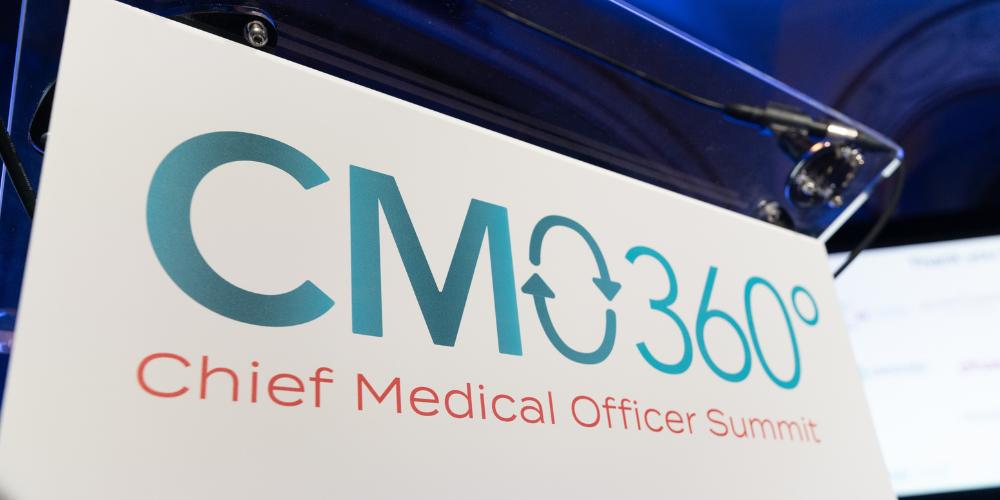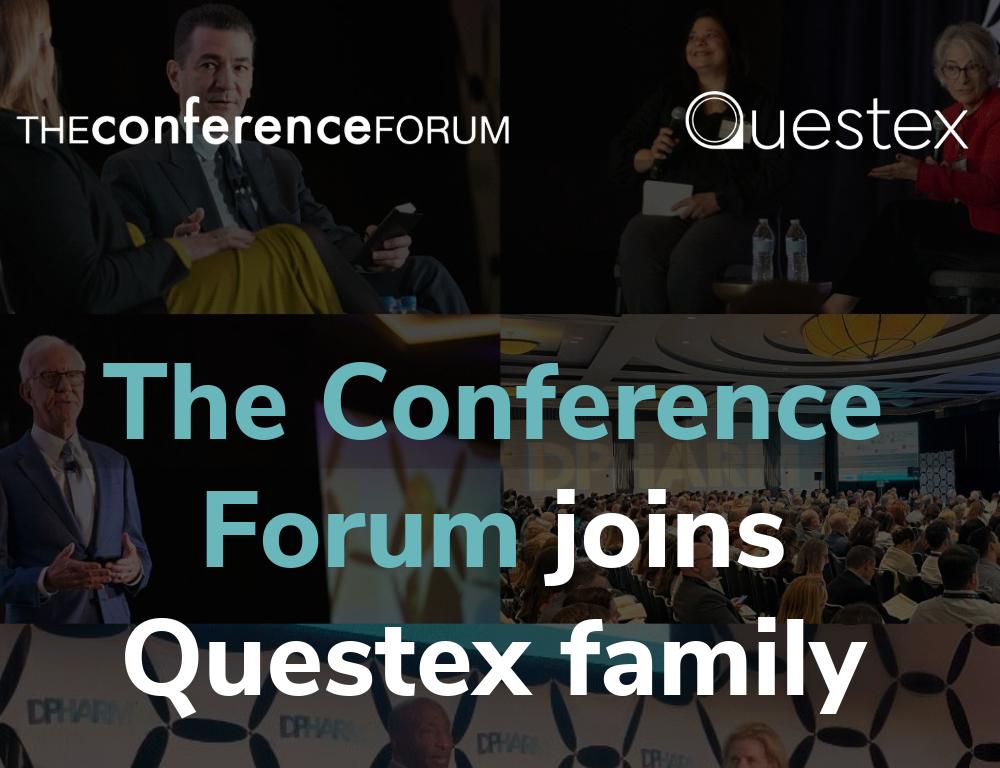
Austin Chiang, MD, MPH, is the CMO of Medtronic GI. He is also the Director, Endoscopic Bariatric Program and Chief Medical Social Media Officer at Thomas Jefferson University Hospitals.
Can you speak about your story and relationship with social media?
I have always been a fan of social media. Facebook launched in my freshman year in college. It was a great way to connect with people and reach a broad audience. About a decade ago, I recognized that there were patients coming into the hospital due to misinformation that they were getting through conventional or social media. I spent some time at ABC news trying to understand how conventional news outlets vetted medical news before broadcasting them. At the time, ABC hosted weekly Twitter chats about various health topics. That is when I recognized that there were people using social media to learn medical information. I then made the conscious decision to put myself out there as somebody trained in gastroenterology who could speak to some of the subjects with more accuracy.
From there I migrated onto Instagram and other platforms and tried to adapt my voice to each platform and its culture with the goal to be an accurate source of health information. Ultimately, that led to forming the Association for Healthcare Social Media, which educates health professionals on how to use the platforms effectively and responsibly, especially as physicians are held to a different standard online to other people.
What should biotech CMOs know about social media? What are the use cases?
It really depends on the goals of the company and how comfortable the company is with making its employees into spokespeople. Since joining Medtronic, I have recognized that there are many more restrictions working at a publicly traded medical device company. For example, FDA regulations about how you present information online. I’m not sure that an individual CMO would be able to advertise or recruit for studies or promote products directly. I think of it as sharing my own personal experience to elevate brand identity and awareness. For example, my joining Medtronic can present as the company being innovative and willing to adopt fresh ideas.
We recently started a dedicated Medtronic Gastrointestinal twitter account that is very much targeted toward gastroenterologists, many of whom are key opinion leaders and key customers. I don’t want to think of it as something that’s necessarily promotional, but it’s certainly a way to get our messaging out there for people who might not want to read via email or don’t have the time to search online.
How would you advise a CMO to build a social media presence and strategy from scratch?
Number one is definitely reviewing with your regulatory and legal colleagues first. Then, working with colleagues in marketing and communications. I think it really depends on the goals of the company and your goals as a CMO. If you’re expected to be both public-facing and strategic, or you’re trying to be more public-facing, patient-facing or customer-facing, then it would be appropriate.
First, identify your purpose and who you are trying to speak to. That defines which platforms you should use. For example, if you are looking for physicians, it’s important to understand that many physicians are not necessarily on LinkedIn. They may be on Twitter. Whether you are trying to reach more experienced or younger physicians can also determine which platforms to approach. You also need to identify your own strengths. If you are comfortable on camera or have certain editing skills, YouTube or TikTok may be more appropriate.
It’s very important to put yourself in the shoes of the viewer – whether they are a customer, physician or patient – to ensure that what you are sharing won’t offend. If you are sharing a recent use case of a product with a patient’s story, make sure there is appropriate consent and that your sharing doesn’t inadvertently reveal someone’s identity. Ultimately, social media has to be social. It is rarely a one-sided street. You need to respond and react to your audience.
Can you share examples of your experience on social media?
To start with the positive, there are people who have followed me for a very long time and have gotten to know me and develop a type of loyalty. Some of them tell me about times they encouraged family members to change behaviors or get screened for cancer.
On the negative side what stands out is a video I made talking about weight loss. I went to the supermarket and showed foods that have more calories than you may think. I was trying to be educational. The video was flooded with negative comments calling the video triggering to people with eating disorders. I actually went back to my dietician colleagues and asked if I had done something wrong in the video, like not following specific guidelines about how to convey these kinds of messages. You need to be sensitive when speaking about certain things and be careful about wording.
How do you bridge the gap between communicating complex science in the short form of social media?
It’s tough because you want to provide enough context. It takes a lot of practice to distill these topics down to a single point or concept, but it also matters which platform you are using. If you are on YouTube, you have 10-20 minutes to explain something. But on TikTok you get about 3 minutes and on Twitter you have 280 characters. You need to trim things down.
You also don’t necessarily need to present the whole picture. One of the nice things about social media is that you can refer people to more information. Again, I would make sure you put yourself in the audiences’ shoes to determine what level to speak to. For example, if I’m on TikTok and my audience is the general public, getting rid of the medical jargon and focusing on a single concept.
"I would encourage CMOs to start with one platform that has the best chances to be high yield for your needs."
How do you think about who you are speaking to based on the platform?
It depends. Take Twitter, for instance. You have both physicians and non-physicians from all age groups there. But the algorithm works in such a way that if you speak to a certain audience, over time, those people will find you, especially as they engage with your content and share it.
Generally speaking, you find the highest number of physicians on Twitter out of all the social media platforms. Instagram has a bit of a younger and more general crowd. TikTok is also younger and more general. LinkedIn is still largely professional and may be more relevant to biopharma and medtech. If you’re looking to talk about how wonderful your company is and exciting initiatives to attract people from the R&D world then LinkedIn might be more appropriate than a more physician-based audience on Twitter. At the same time, if you’re looking to elevate your general brand identity and showcase your products, pushing that message out to consumers directly on Instagram or TikTok may be more appropriate.
It’s easy to think you have something for each of these platforms and audiences but I would encourage CMOs to start with one platform that has the best chances to be high yield for your needs.
What were the biggest surprises you experienced as an influencer?
The visibility has been more than I could have imagined. I was an early adopter for these major platforms, which is why I was able to cultivate a following more easily. As soon as I joined Medtronic, people associated my name with the company and came to me with questions and ideas. We actually sent out the press release about my joining the company two days before one of our major conferences which led to a lot of attention at the conference.
There are also unanticipated pitfalls to having a dedicated social media following. There have been imposter accounts and people who have used my photos to sell products or scam people or do all sorts of weird things. You need to be careful about what you say because it can be used against you now or in the future. Especially now at Medtronic, I’ve been careful about adding another layer of review before putting anything out there.
The other surprising thing is that despite social media having been around for two decades, it’s still relatively new. It’s taken us a while to understand its potential impact on health and healthcare. Now we realize – especially after the pandemic – how messaging on social media impacts public health and health education.
Dr Vivek Murthy recently tweeted about your work advocating for the LGBTQ+ community and promoting public health. How do you see your responsibility as someone visible on social media in comparison to your responsibility as a CMO?
I felt responsible to talk about those issues even before my Medtronic role. I constantly ask myself what I should be doing with social media now that I’ve become a CMO.
I feel like a big part of my role is really bridging the gap between physicians and industry. I’ve taken it upon myself to use these platforms to talk about my experience working at Medtronic and what physicians don’t usually think about, like what medical device companies do from a regulatory perspective, medical affairs or business development. I feel responsible to share my experience especially with the younger generation of physicians, many of whom are entrepreneurial and innovative and have these ideas in the future of having hybrid careers.
I think that’s also made me think more about how I advocate. I am still going to talk about disease states and public health issues around gastroenterology. I definitely feel a sense of personal responsibility to speak about LGBTQ+ health because representation matters. As someone who is in multiple minority groups, if I don’t speak up about these things, I don’t know who will.
"It’s very important to put yourself in the shoes of the viewer – whether they are a customer, physician or patient."
Coming up on your one-year anniversary as CMO, is there anything you wish you knew about the role a year ago?
I would have told myself to try to understand what was going on outside my bubble. I was fairly insulated in my academic health system. Now that I’m here, I understand so much more about how our health system works, what the entire landscape of gastroenterology is about and how all the pieces come together to bring a device to market and bring innovation to the patient.
Anything else?
I have a love/hate relationship with social media because it’s time consuming and mentally taxing to be on these platforms sometimes. There is a lot of positive and negative stimulation which makes it easy to give up. I think people see a snapshot of my social media presence now but don’t necessarily understand it’s been built up over years.
Working in a hospital, you’re limited to the people you can see on your schedule. On social media, you can impact more people. I have always wanted to have a population-level impact, which is why I got into medical social media. The same drive brought me to my current CMO role: translating that desire to reach a greater number of people with messaging into impacting many more lives through innovation and developing products.








